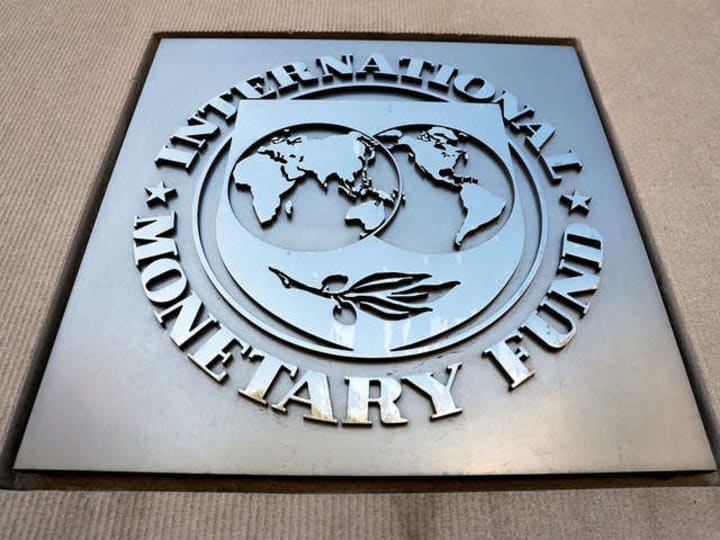The economic impact of the pandemic in Latin America
How the countries of South America will answer once the global economy restored

Very difficult times that each of the countries of the world has to face with the growing and violent impact of the global pandemic that plagues every corner of the world. The economy of the world's major powers has collapsed. Countries such as the United States, China, France, Spain, Italy and Germany have been plunged into a deep economic crisis, mainly guided by the mandatory closure of many companies belonging to the industrial and commercial sector.

Airlines that cancel and reschedule their flights, closed airports, large companies with their production system interrupted, and the vast majority of companies with their employees working by home working, the world faces a situation that it has never experienced before, the global collapse of the economy.

When all this is overcome, and this pandemic is marked in history as one of the most tragic events that humanity had to witness, world powers will once again find their economic course, countries like the United States and others belonging to the European Union will put a lot of capital into the private sector, promoting a new rebound in the economy of their countries, while other countries such as China (one of the main affected) will return to their mass production system, all this, helped in the same way by other key factors such as tourism, trade and private capital.
However, in most Latin American countries, the picture doesn’t seem very encouraging. Currently, many of these countries are already deeply immersed in a political, economic and social crisis, taking into account that, for example, Venezuela is the country that, together with Syria, registered the highest number of emigrants in 2019. While other countries such as Argentina, Bolivia and Brazil, were in periods of political transition, due to the recent presidential changes that had taken place in those countries.
The vast majority of these countries have enormously high debts with the International Monetary Fund (IMF), such as Argentina, which will have to reduce the payments of its external debt during the next decade between 55,000 and 85,000 million dollars, something that currently seem unfeasible, taking into account the economic management, the constant monetary devaluations of their currency, and the constant economic crisis that the country is going through.

Otherwise, countries like Brazil and Chile will have to face a drop in exports and production in their main products and companies, which will clearly have a negative impact on their economy. While other countries such as Bolivia and Venezuela, who are already in an unsustainable economic, political and social crisis, will have to "try" to go to the IMF for help, something that doesn’t seem very sure to materialize, taking into account the management of the foreign policy that these two countries carry.
In the case of Colombia, tourism will continue to be one of the drivers of its economy, so it won’t stop betting on its cultural attractions to promote the rebound of its economic position.
Only time will tell, if the hierarchical and economic order will change in Latin America, but if there is certainty about anything, is that unfortunately those countries that were already facing a deep crisis before the pandemic, will suffer economic damage that will be very difficult to overcome, while we will have to wait for the strategies that countries such as Brazil, Colombia, Argentina and Chile will take to try to return to the starting point, leaving it as an unknown if these four countries will form an economic alignment that allows them to cope with the post-crisis -pandemic in a much more effective way.

About the Creator
José Ricardo
ENTREPRENEURSHIP | PERSONAL FINANCE | INVESTING






Comments
There are no comments for this story
Be the first to respond and start the conversation.